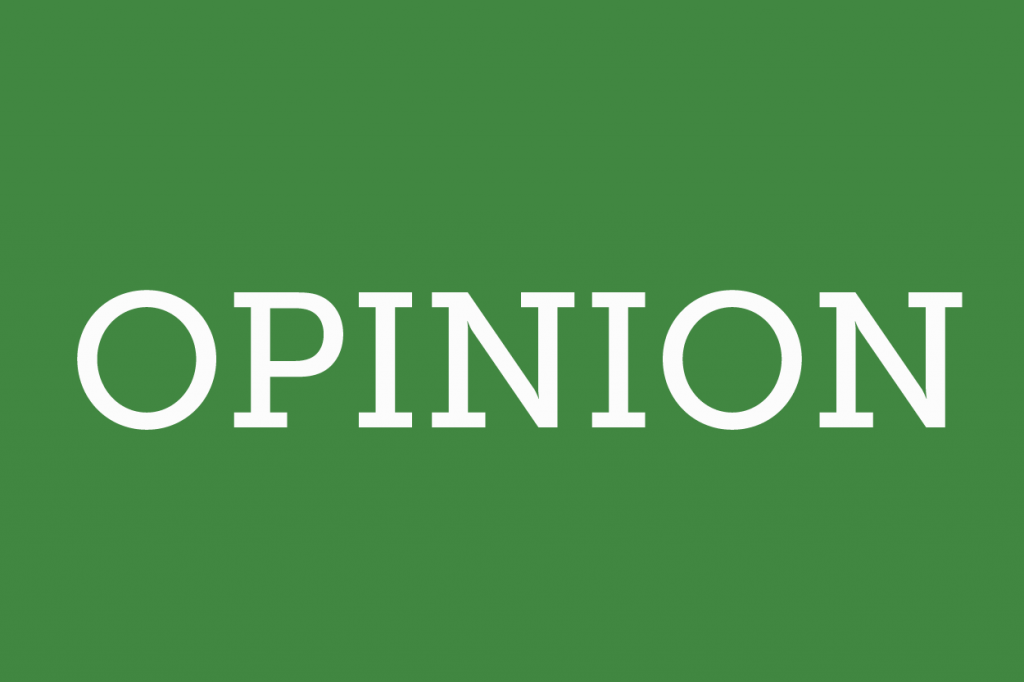What does the name Nicholas Dworet mean to you? You likely don’t know it. How about Aaron Feis? A little more familiar, but you’re still coming up short. When I write the name Nikolas Cruz, however, you probably know exactly who I’m talking about. The Parkland shooting rocked Florida just over a year ago, and while Cruz’s name rings in your ear, the names of victims such as accomplished college-recruited swimmer Dworet and hero football coach Feis (who dove in front of bullets to save students) aren’t heralded as much as they should.
The media’s coverage of terrorist attacks such as the Parkland shooting uncovers a dangerous truth. Whereas an array of victims might share your television screen for a moment or two, extensive coverage of the shooter will dominate the program. His image remains on the side of the screen as reporters cover the story, then coverage flashes to him being escorted into a cop car, then perhaps a tape of him sitting trial in an orange jumpsuit will appear. The anchors will discuss his family background, his history of mental illness, his tendencies throughout school– an endless stream of information about the perpetrator. The person at fault for the tragedy is now receiving all the attention, taking away from the viability of a platform for the victims. The shooter has achieved his aim: he will forever be memorialized and remembered for his outrageous actions. Vox News writes of the 1999 Columbine school shooters, “The extensive coverage of the two perpetrators made them not only famous but even, in some quarters, folk heroes of a sort, particularly among deeply alienated students.” Many of these shooters go on to receive a following, even a fan club.
The recent mass shooting in Christchurch, New Zealand took this idea of media coverage to a whole new level. One of the shooters (who, for obvious reasons, will remain unnamed for the purposes of this article) live streamed the horrific act to Facebook. Figures show that the original, 17-minute video was “viewed about 4000 times in total before being removed from Facebook,” but that due to water mark applications and other edits, Facebook ended up having to remove “about 1.5 million versions of the attack video” all within the first 24 hours following the original live stream. This is a prime example of perpetrators striving to be immortalized within the realm of the web.
So what is the solution to this problem? For your personal part, do not seek out the attack video or any supplemental edited versions of it. It’s best for everyone that this tragic event not be eternally available for the reliving. On the larger scale, however, some major companies have threatened to remove advertisements from Facebook following the heat of the scandal, believing the site did not act quickly enough to remove the video. The Association of New Zealand Advertisers and the Commercial Communications Council published a statement “asking businesses to think twice about giving Facebook more ad dollars” and urging the media platform “to immediately take steps to effectively moderate hate content before another tragedy can be streamed online.”
Whether or not it is fair to blame the social media site for the hate a few men displayed is controversial, but one thing is certain: it is the duty of each individual to educate him or herself on the victims lost in this act of hate, and to avoid immortalizing the perpetrators by seeking out their video footage. Remember that by doing so, you are doing exactly what the killers want.
Riley Cunningham is a sophomore majoring in history.







